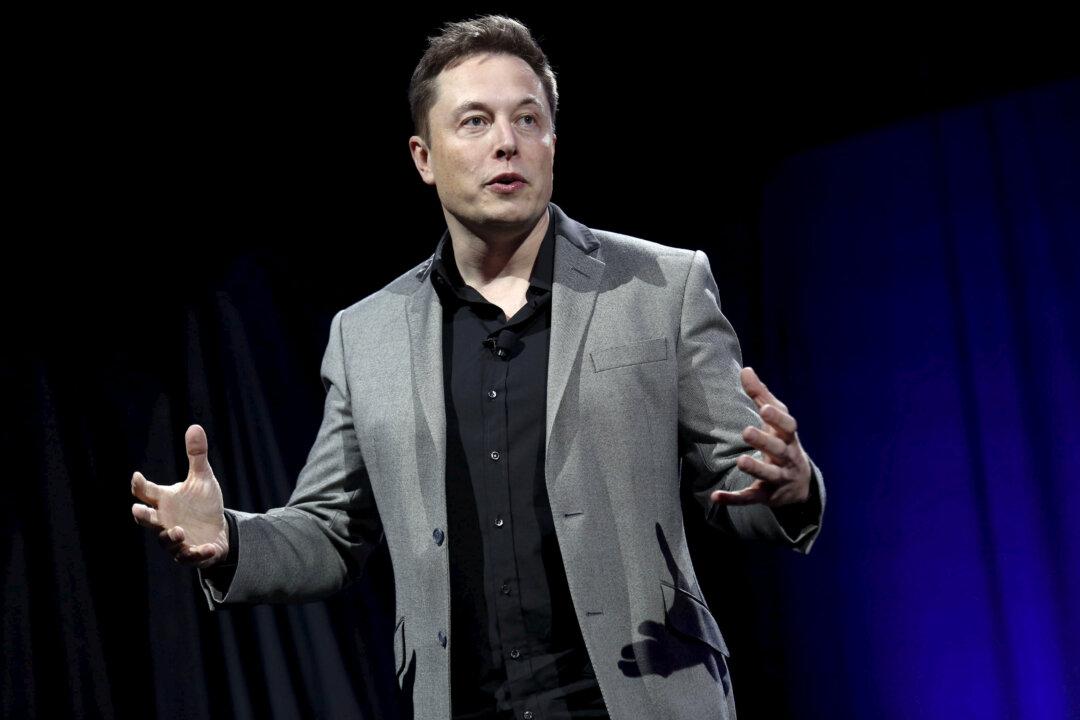It is the biggest acquisition financing ever put forward for one person. Elon Musk is doing it his way.
More than two-thirds of the $46.5 billion financing package that Musk unveiled on Thursday in support of his bid for Twitter Inc. would come from his assets, with the remainder coming from bank loans secured against the social media platform’s assets.





